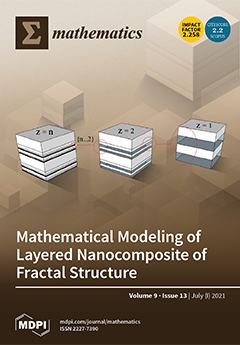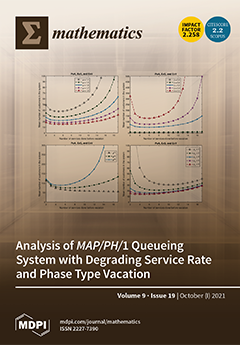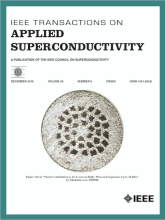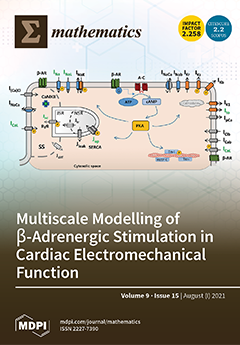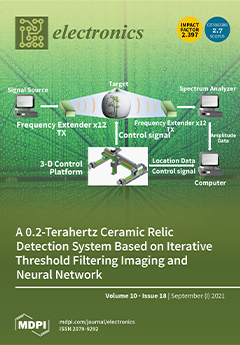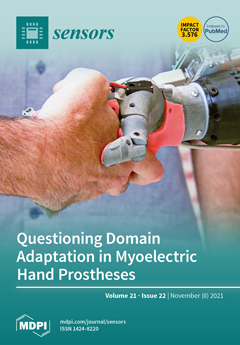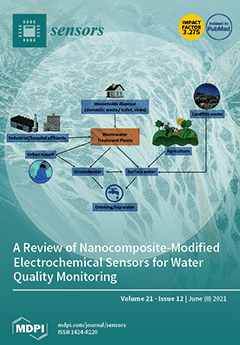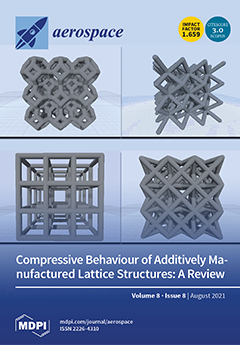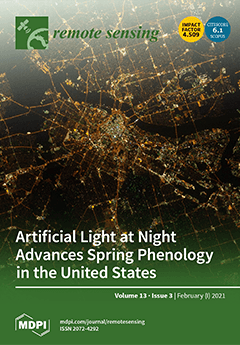
Control of islanded microgrids considering power converter dynamics
International Journal of Control
https://doi.org/10.1080/00207179.2020.1713402
Sofía Ávila Becerril1 , Gerardo Espinosa Pérez1
1 Universidad Nacional Autónoma de México, Facultad de Ingeniería
Keywords: Microgrids, Hamiltonian systems, passivity-based control
Abstract: In this paper, the control problem of Islanded Microgrids is approached. A controller scheme that considers the necessity to assure the generation of grid-forming nodes as well as the proper operation of grid-following nodes is proposed. The main feature of the contribution is the explicit inclusion of the dynamic of the power converters existing in this kind of networks making possible the evaluation of the system performance under sudden and fast changes in the operating conditions typically found in these applications. The scheme uses only the measurement of local variables and guarantees that both voltages and currents of the network achieve the values required to satisfy a prescribed power balance imposed by the loads. The design of the proposed controller is carried out by exploiting a Port-Controlled Hamiltonian representation of the system and applying the Passivity-based Controller design methodology. The stability properties of the closed-loop system are formally proved and its usefulness is illustrated via numerical simulations.
International Journal of Control
https://doi.org/10.1080/00207179.2020.1713402
Sofía Ávila Becerril1 , Gerardo Espinosa Pérez1
1 Universidad Nacional Autónoma de México, Facultad de Ingeniería
Keywords: Microgrids, Hamiltonian systems, passivity-based control
Abstract: In this paper, the control problem of Islanded Microgrids is approached. A controller scheme that considers the necessity to assure the generation of grid-forming nodes as well as the proper operation of grid-following nodes is proposed. The main feature of the contribution is the explicit inclusion of the dynamic of the power converters existing in this kind of networks making possible the evaluation of the system performance under sudden and fast changes in the operating conditions typically found in these applications. The scheme uses only the measurement of local variables and guarantees that both voltages and currents of the network achieve the values required to satisfy a prescribed power balance imposed by the loads. The design of the proposed controller is carried out by exploiting a Port-Controlled Hamiltonian representation of the system and applying the Passivity-based Controller design methodology. The stability properties of the closed-loop system are formally proved and its usefulness is illustrated via numerical simulations.













































